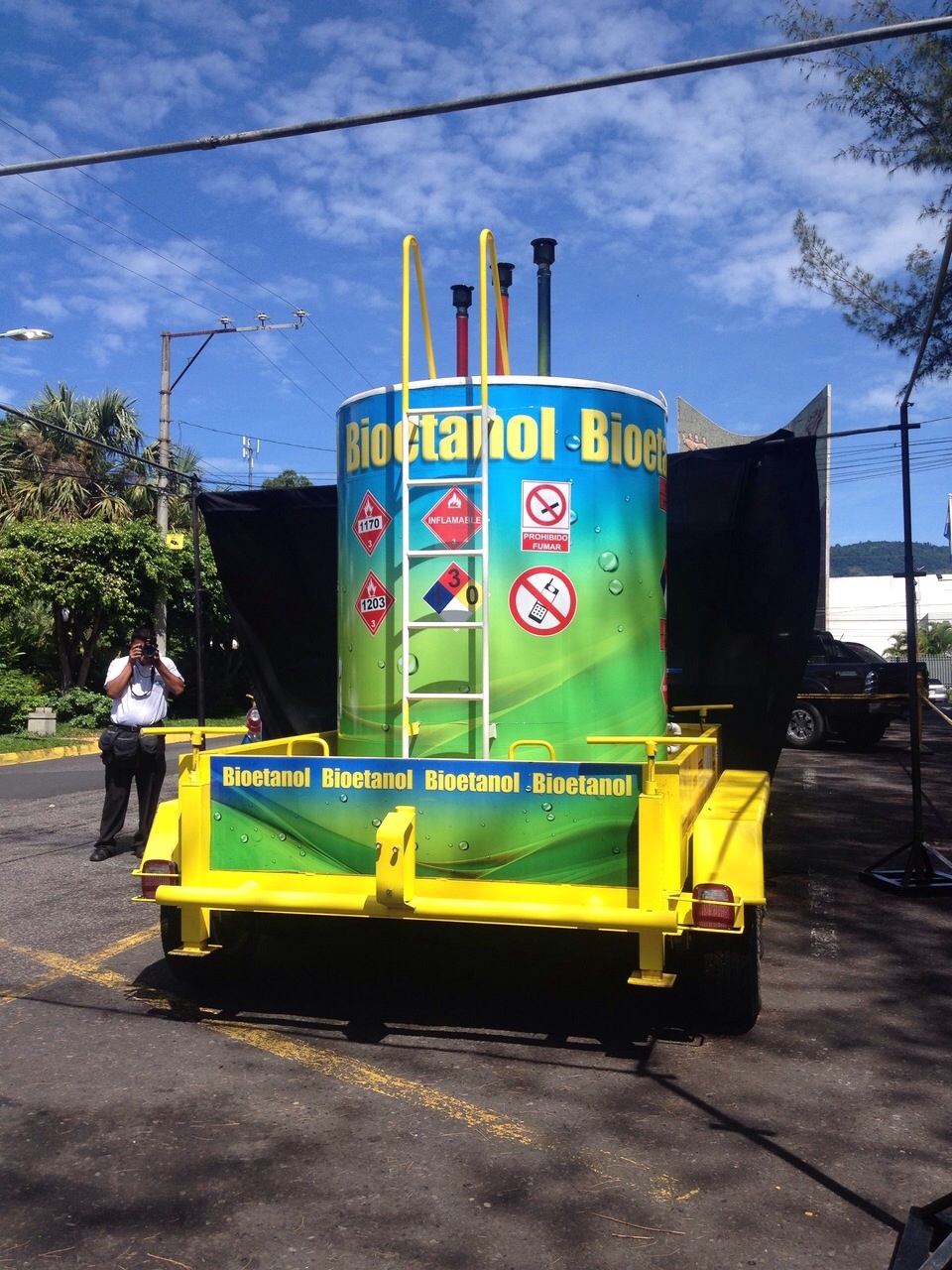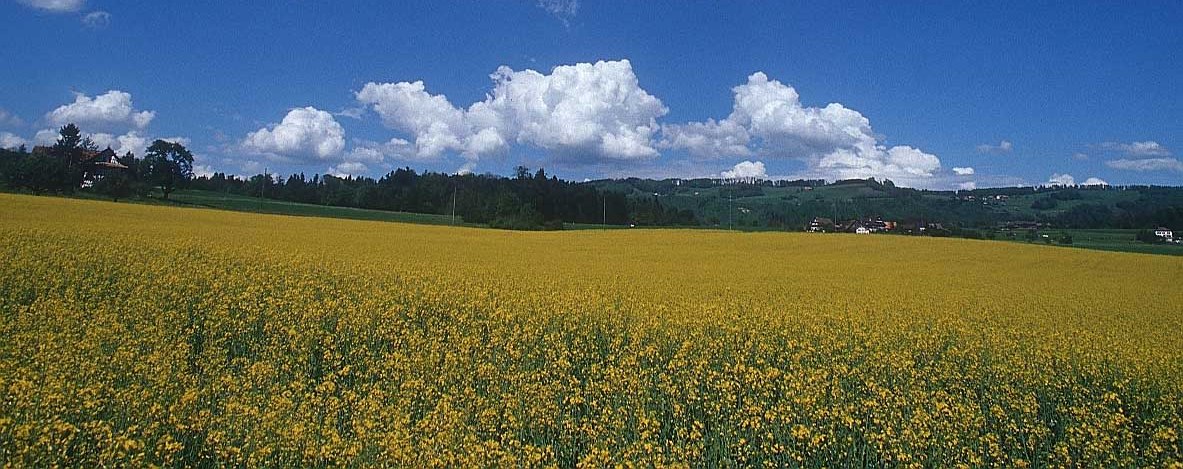- English
- Español
Energy and Climate Change Mitigation
Resources
The OAS supports a pilot project of Ethanol Mixture in El Salvador - September 23, 2014
 The development of the biofuels industry is presented as a great opportunity that leads to greater energy security, reduced generation of greenhouse gases and particulate matter, rural development, better performance of the vehicle fleet and reduced oil bill. However, this development must be accompanied by scientific studies proving its feasibility, impact and local implementation.
The development of the biofuels industry is presented as a great opportunity that leads to greater energy security, reduced generation of greenhouse gases and particulate matter, rural development, better performance of the vehicle fleet and reduced oil bill. However, this development must be accompanied by scientific studies proving its feasibility, impact and local implementation.
In this context, through the National Energy Council (CNE), the OAS is supporting El Salvador in the development of a pilot project of Fuel Ethanol Mixture seeking to document the use of different mixtures of ethanol with gasoline in the vehicle fleet of public and private institutions. The project, which began a year ago was executed in two stages that will culminate in December 2014. On September 23, CNE and OAS officials presented the results achieved so far to various public authorities.
The first phase was to evaluate ethanol mixtures with different types of training engines : carbureted and injected. The tests’ results were very positive, including: better engine performance of the vehicles, reduced fuel consumption and cleaner combustion. The CNE established a cooperative agreement with the Specialized School of Engineering ITCA-FEPADE for the development of this first phase.
The second phase began on August 18 and consists of evaluating the mixture of 42 vehicles in the public, private and academic sectors, including motorcycles. A month after the beginning of this stage, it has not reported any impact on the engines and the perception of drivers is that it is a high performance fuel.
During the implementation of the pilot project, the OAS supported the construction of a dispensing mobile unit of gasoline and ethanol for the realization of the mixtures with different percentages. The dispenser, which was built 100% with Salvadoran labor, had a design and construction process that took about six months, meeting all quality standards and safety. During the event of the presentation of results of the pilot project there was also a demonstration of the dispensing mobile unit of gasoline and ethanol.
The ethanol being used for the pilot testing comes from molasses which is a byproduct of the sugar mill La Cabaña. In this regard, the Executive Secretary of the National Energy Council said: “It is necessary to define incentives for the Salvadoran mills to produce ethanol and thus contribute to reduce dependence on petroleum and to lower our oil bill that for 2013 was $1700 millions, which would represent a decline of 5% to 10%, an important figure for the country”.
The development of the biofuels industry also raises questions about the need for land for these crops and the threat to food security. In this regard, last August the OAS held in El Salvador, an awareness workshop on the importance of a proper assessment of the potential development of bioenergy by analyzing the interaction between the availability of natural resources, food production, rural development and the development and use of biofuels.
During the event, the OAS ratified its support to this pilot initiative to encourage the use of biofuels. Ivan Ronalth Onchaeta, representative of the Organization of American States (OAS) said: “El Salvador has ideal conditions to produce ethanol from a friendly and sustainable way for the environment. It has the potential to increase energy security, providing new job opportunities and expanding agricultural activities towards new horizons of efficiency and competitiveness”. So far, the pilot project has demonstrated the feasibility of using ethanol mixtures in the vehicle fleet, which is a great development opportunity that will ultimately help mitigate the high cost of gasoline and benefit the environment.
This activity is being developed under the framework of the cooperation agreement between the United States and Brazil to support the widespread of the implementation of the memorandum of understanding for the biofuels development.
Contact


